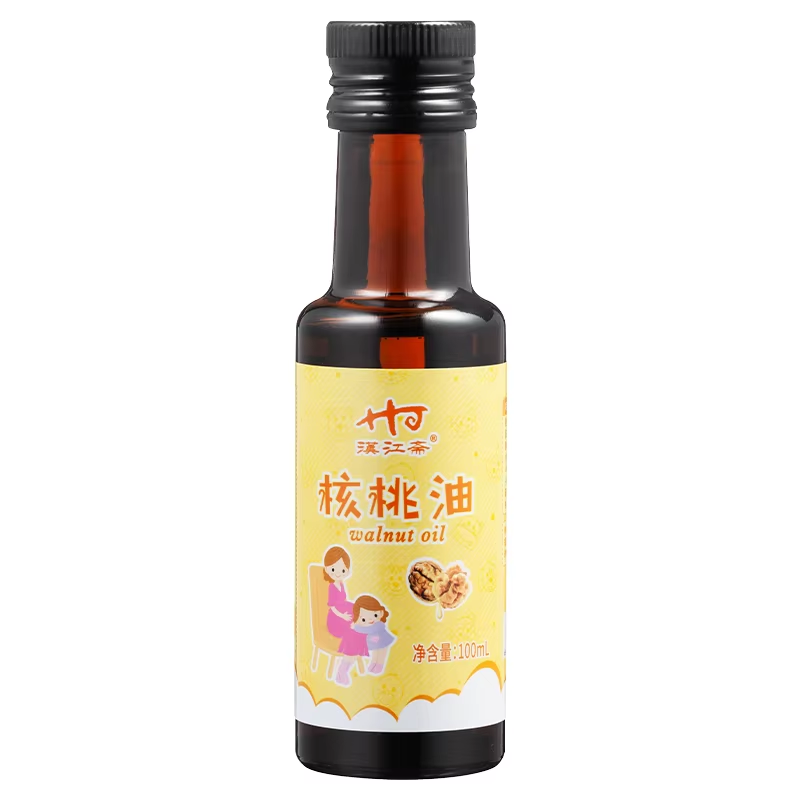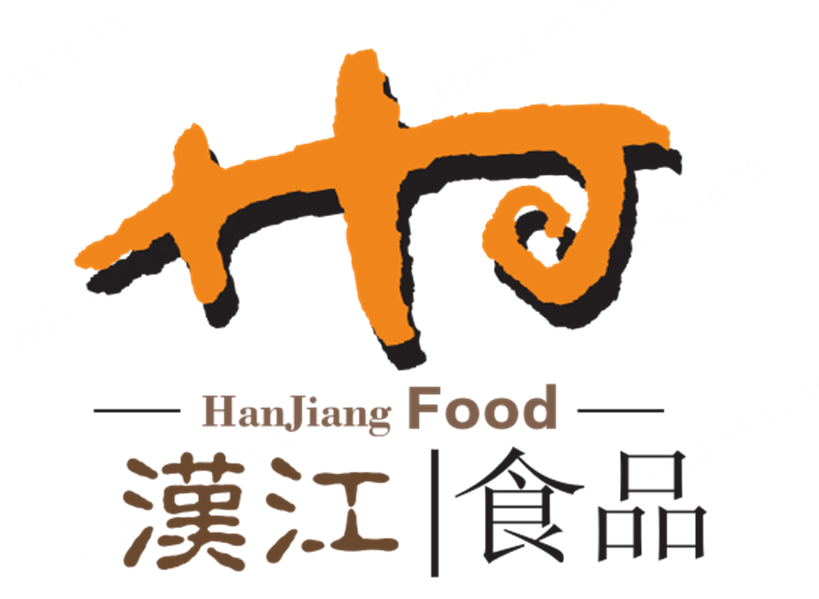Mastering Quality Control in Commercial Walnut Oil Production
In today's competitive market, walnut oil manufacturers face increasing pressure to maintain exceptional product quality while meeting growing bulk buyer demands. The challenge of delivering consistent, premium walnut oil requires a comprehensive understanding of production processes, quality control measures, and industry standards. This guide explores the essential strategies that successful walnut oil manufacturers implement to ensure their products meet and exceed buyer expectations.
Production Excellence: The Foundation of Quality Assurance
Raw Material Selection and Storage
The journey to premium walnut oil begins with careful selection of raw materials. Leading walnut oil manufacturers understand that the quality of their final product directly correlates with the quality of walnuts used in production. This involves establishing strong relationships with reliable walnut suppliers, implementing rigorous inspection protocols for incoming nuts, and maintaining optimal storage conditions to preserve freshness.
Storage facilities must be temperature-controlled, with humidity levels carefully monitored to prevent mold growth and rancidity. The most successful walnut oil manufacturers invest in state-of-the-art storage systems that protect their raw materials from environmental factors that could compromise quality.
Processing Technology and Equipment Maintenance
Modern walnut oil production demands sophisticated equipment and precise processing techniques. Industry-leading walnut oil manufacturers utilize cold-pressing methods that preserve the nuts' natural nutritional properties while maximizing oil yield. Regular equipment maintenance schedules, calibration checks, and cleanliness protocols ensure consistent output quality.
The implementation of automated monitoring systems helps track critical processing parameters in real-time, allowing manufacturers to make immediate adjustments when necessary. This level of control is essential for maintaining product consistency across large production runs.
Quality Control Systems and Testing Protocols
Laboratory Testing and Analysis
Comprehensive quality testing is non-negotiable for walnut oil manufacturers committed to excellence. Regular laboratory analysis should include tests for peroxide value, acid value, moisture content, and oxidative stability. These measurements provide crucial data about the oil's quality and shelf life potential.
Advanced testing facilities equipped with spectrophotometers, chromatographs, and other analytical instruments enable manufacturers to detect even subtle variations in oil composition. This attention to detail helps maintain consistent product specifications that bulk buyers depend on.
Documentation and Traceability
Professional walnut oil manufacturers implement robust documentation systems that track every batch from raw material receipt through final packaging. This includes detailed records of processing parameters, quality test results, and any corrective actions taken during production.
Digital tracking systems and lot coding enable quick identification and isolation of any quality issues, providing peace of mind to bulk buyers. This level of transparency has become increasingly important as food safety regulations become more stringent.
Certification and Compliance Standards
Industry Certifications
Leading walnut oil manufacturers maintain relevant industry certifications such as ISO 22000, HACCP, and organic certifications where applicable. These standards provide a framework for consistent quality management and demonstrate commitment to excellence to potential buyers.
Regular audits by certification bodies help ensure continued compliance and drive continuous improvement in manufacturing processes. This external validation gives bulk buyers confidence in the manufacturer's quality management systems.
Regulatory Compliance
Staying current with food safety regulations and industry standards is crucial for walnut oil manufacturers serving international markets. This includes adherence to FDA requirements, EU regulations, and other relevant regional standards.
Successful manufacturers typically employ dedicated compliance teams to monitor regulatory changes and update procedures accordingly. This proactive approach helps prevent compliance issues that could disrupt supply to bulk buyers.

Building Strong Buyer Relationships
Communication and Transparency
Effective communication with bulk buyers is essential for understanding their specific quality requirements and addressing any concerns promptly. Regular quality reports, certificate of analysis documentation, and open dialogue about production processes help build trust and long-term partnerships.
Leading walnut oil manufacturers often provide technical support to help buyers optimize their use of the product and understand quality parameters. This collaborative approach strengthens business relationships and ensures mutual success.
Customer Feedback Integration
Successful manufacturers actively seek and incorporate customer feedback into their quality improvement processes. This might include adjusting specifications based on buyer needs or implementing additional quality checks for specific requirements.
Regular review meetings with key customers help manufacturers stay aligned with evolving market demands and maintain their competitive edge in the industry.
Frequently Asked Questions
What quality parameters should bulk buyers look for when selecting walnut oil manufacturers?
Look for manufacturers who maintain consistent peroxide values, acid numbers, and moisture content in their products. Additionally, verify their certifications, testing protocols, and quality management systems. The manufacturer should be able to provide detailed specifications and certificates of analysis for each batch.
How often should walnut oil manufacturers conduct quality testing?
Quality testing should occur at multiple stages: during raw material reception, throughout processing, and before final product release. Most reputable manufacturers conduct daily quality checks and more comprehensive analytical testing on each production batch.
What storage conditions do professional walnut oil manufacturers recommend for bulk shipments?
Professional manufacturers typically recommend storing walnut oil in cool, dark conditions between 55-65°F (13-18°C), away from direct sunlight and heat sources. Proper storage containers should be food-grade, airtight, and protect the oil from oxidation. The storage area should have controlled humidity levels to prevent quality degradation.

 EN
EN
 DA
DA
 AR
AR
 NL
NL
 FI
FI
 FR
FR
 DE
DE
 EL
EL
 HI
HI
 IT
IT
 JA
JA
 KO
KO
 NO
NO
 PL
PL
 PT
PT
 RU
RU
 ES
ES
 SV
SV
 TL
TL
 ID
ID
 SR
SR
 UK
UK
 VI
VI
 HU
HU
 TH
TH
 TR
TR
 FA
FA
 AF
AF
 MS
MS
 GA
GA
 MK
MK
 HY
HY
 KA
KA
 BN
BN
 LA
LA
 MN
MN
 NE
NE
 MY
MY
 KK
KK
 UZ
UZ
